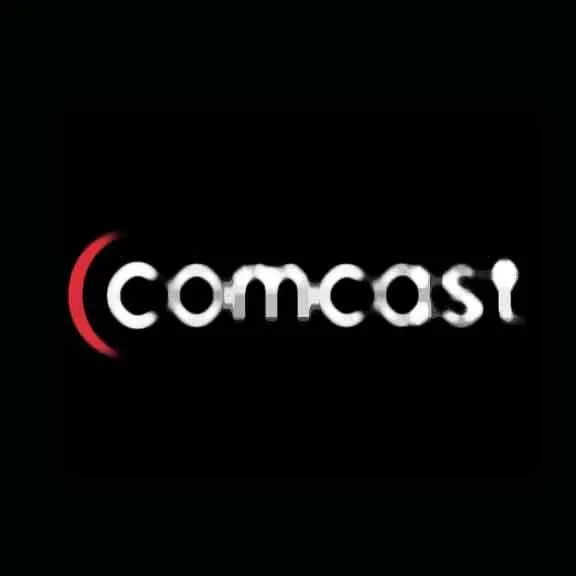Visit the U.S. for an Internet vacation

Despite a positive FCC report claiming improvement in U.S. download speeds, the country still ranks low on the international scale. In fact, according to a column in the Financial Times, South Koreans - whose Internet speeds are among the world's top - joke that a trip to the U.S. is akin to "taking an internet vacation."
The column, "Corporate tie binds US to a slow internet," by FT writer Edward Luce, describes how poor American Internet is, and how it got that way. The sad part, he said, is that it didn't have to be this way.
"In the late 1990s the US had the fastest speeds and widest penetration of almost anywhere - unsurprisingly given that it invented the platform." Today the US comes in 33rd at an average 15.9 Mbps download speed, according to Net Index. That's behind South Korea (35.7 Mbps), Japan (33.4 Mbps), Germany (18.5 Mbps), even Romania (28.1 Mbps).
And, "The contrast on price is just as unflattering. The average US cost for 1 Mbps is $1.10 compared with $0.42 in the UK, $0.34 in France and $0.21 in South Korea."
The reason, says Luce, is the lack of direct government intervention that could have mandated higher speeds and competitive pricing. Instead, we have regional monopolies, usually by the cable companies. And those companies - most notably Comcast - have worked tirelessly to assure that they can sell poor speeds for high prices.
As Luce said:
"Through brilliantly effective lobbying, US cable companies have escaped the universal access and affordability clauses that were imposed on telecoms and electricity companies in earlier eras."
One reason the lobbying is so successful is that, "There are few busier revolving doors than the one between Comcast and Capitol Hill. Of Comcast's 121 lobbyists, 85 are former government employees, according to Open Secrets, which monitors money and politics."
Comcast depends on a supportive - at time compliant - FCC. But, as Luce notes, current FCC Chairman Julius Genachowski is retiring, and President Obama has a chance to choose among candidates who have ties to Comcast and those who don't. As he says:
"Whomever Mr. Obama nominates will tell us a lot about the future of the internet in the US. Will Washington continue to tolerate America's internet mediocrity (which afflicts both businesses and consumers)? Or will Mr. Obama belatedly decide that it merits the kind of zealous priority his 20th-century predecessors brought to the critical technologies of their day?"
Speed Matters supports an FCC that regulates and that supports competition to benefit everyone: carriers, consumers and workers.
FCC's 2013 Measuring Broadband America shows some gain (Speed Matters, Feb. 18, 2013)
Corporate tie binds US to a slow internet (Financial Times, Feb. 24, 2013)
Household Download Index (Net Index, website)
CWA members oppose AT&T’s attempts to stop serving rural and low-income communities in California
CWA urges FCC to deny industry attempts to loosen pole attachment standards
CWA District 6 reaches agreement with AT&T Mobility



